The most irritating of recent publishing trends must be the literary self-help guide, and Henry Hitchings’s contribution to the genre will join a shelf now groaning with accounts of how Proust can change your life, how Adam Smith can change your life, what W.H. Auden can do for you, what Montaigne can tell us about how to live, what Tolstoy can teach us in troubled times, and a whole heap of nonsense about what Jane Austen has to say on the subjects of friendships, dating and getting married.
Already a subscriber? Log in
Subscribe for just $2 a week
Try a month of The Spectator Australia absolutely free and without commitment. Not only that but – if you choose to continue – you’ll pay just $2 a week for your first year.
- Unlimited access to spectator.com.au and app
- The weekly edition on the Spectator Australia app
- Spectator podcasts and newsletters
- Full access to spectator.co.uk
Unlock this article
You might disagree with half of it, but you’ll enjoy reading all of it. Try your first month for free, then just $2 a week for the remainder of your first year.

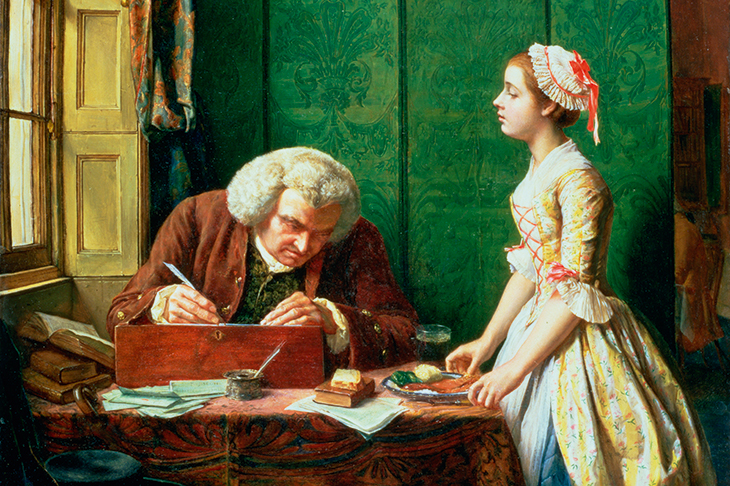
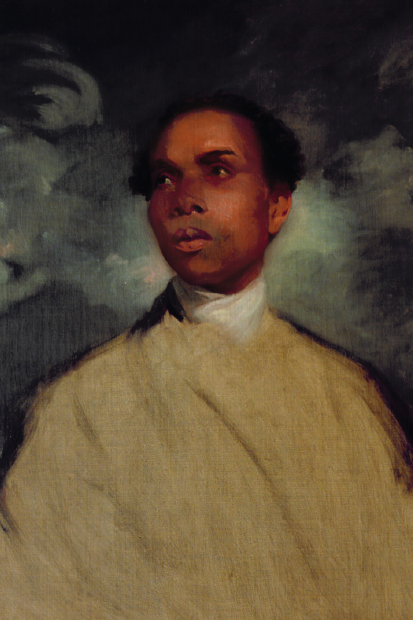
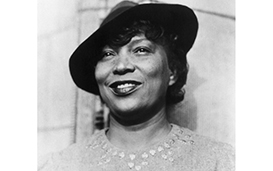

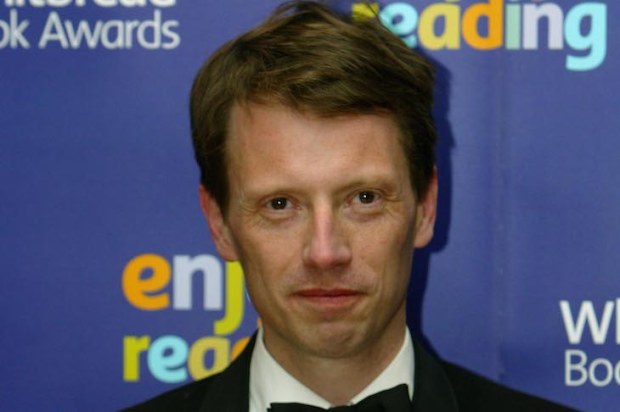
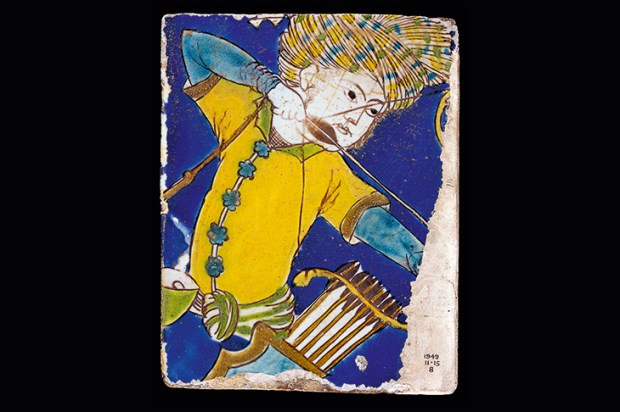
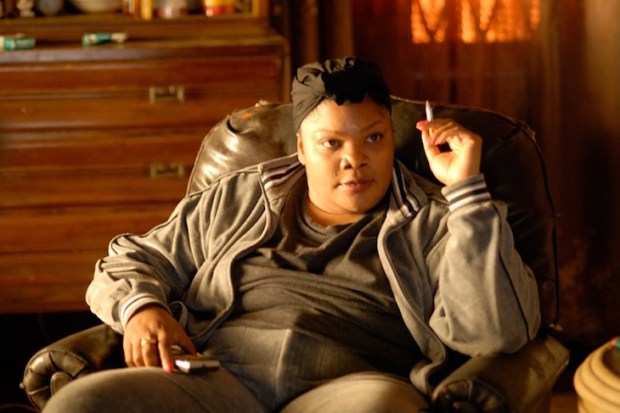






Comments
Don't miss out
Join the conversation with other Spectator Australia readers. Subscribe to leave a comment.
SUBSCRIBEAlready a subscriber? Log in